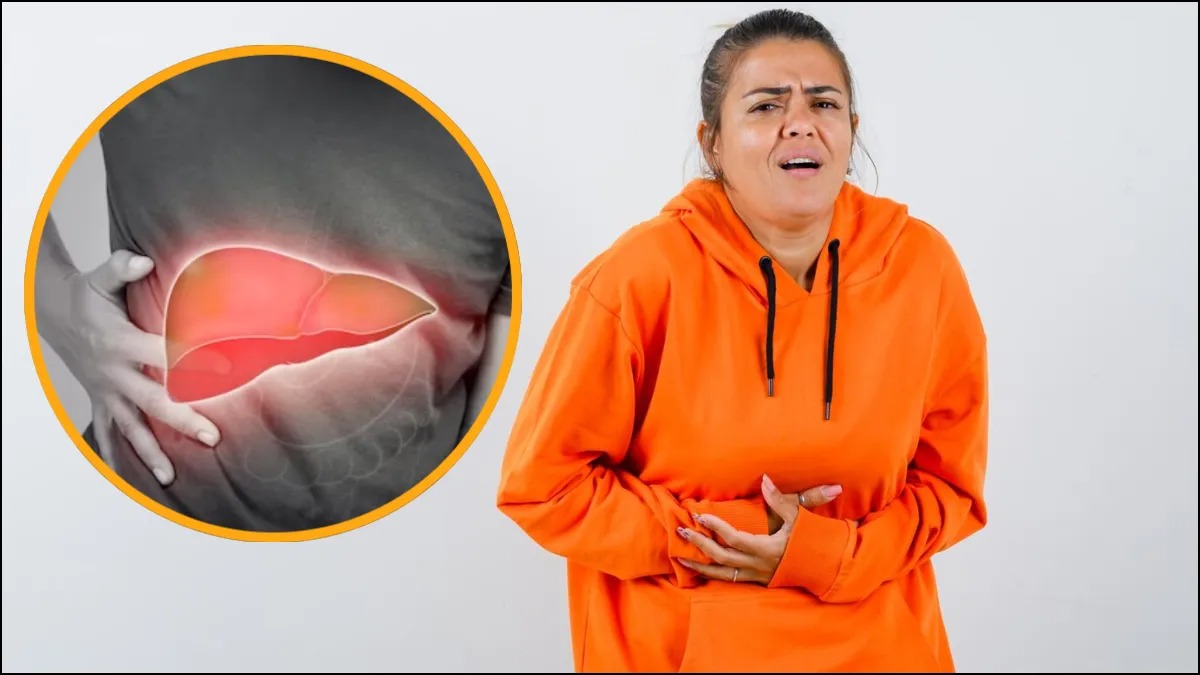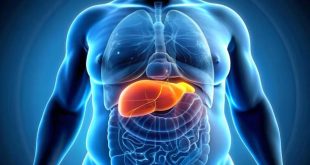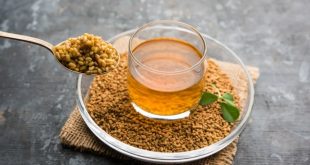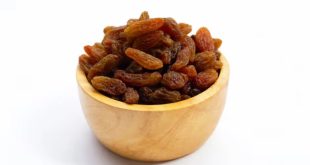
The most important organ of our body is the liver, which is called jigar in Hindi. The liver works to digest food in the body, remove toxins, control blood cholesterol, produce bile and store glucose. Liver is the largest organ of the body and it keeps healing on its own. But sometimes the liver starts malfunctioning. When the amount of fat in the liver cells starts increasing, the liver starts swelling. Which is called fatty liver in common language. When there is fatty liver, the amount of calories in our body turns into fat. Due to which fat starts accumulating in the liver cells. Let us know what symptoms are seen when there is swelling in the liver and how it can be cured?
Liver damage can also occur due to prolonged inflammation in the liver. When the amount of fat in the liver reaches 10% of the liver, it becomes a fatty liver. Fatty liver has a bad effect on the digestive system. Sometimes the symptoms of fatty liver are detected late, but we ignore some common symptoms.
Symptoms of liver inflammation
- Loss of appetite
- Gas, acidity and bloating
- feeling tired throughout the day
- Yellowing of the eyes and nails
- The colour of urine is also dark yellow
- Feeling like vomiting many times
- Pain in the upper right side of the abdomen
- muscle and joint pain
- Itching on hands and feet
What are the causes of swelling in the liver?
The biggest reason for liver inflammation is your bad and unhealthy lifestyle. If you drink too much alcohol. Eat too much oil and spices in your food. If you are a type 2 diabetes patient. Are very obese and do not do any physical activity. If there is excess fat in the blood and high cholesterol, then fatty liver or liver inflammation can occur. People who have weak metabolism or someone can also suffer from this due to genetic reasons.
What to do if your liver is swollen?
If your liver is swollen, first of all consult a doctor and take medicine. Along with this, make your lifestyle healthy. Exercise daily. Drink as much water as possible. Eat things like coconut water, lentils, lentil water, buttermilk. Eat garlic in food. Avoid eating late at night. Eat by 7-8 pm. Reduce the consumption of gas-producing foods. Chew your food well. Include things like broccoli, fish, avocado in your diet as much as possible.
 Suspense Crime Sach Ka Dam
Suspense Crime Sach Ka Dam


